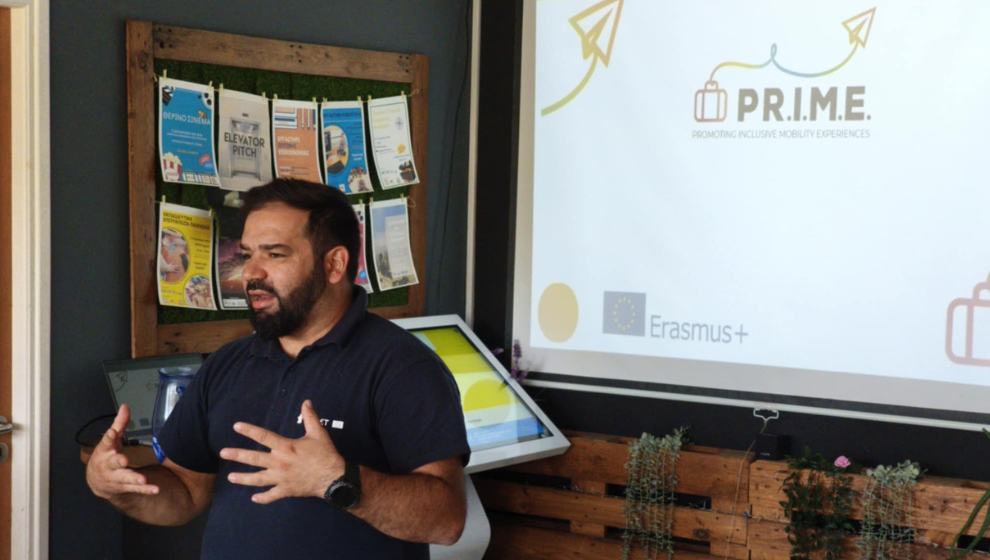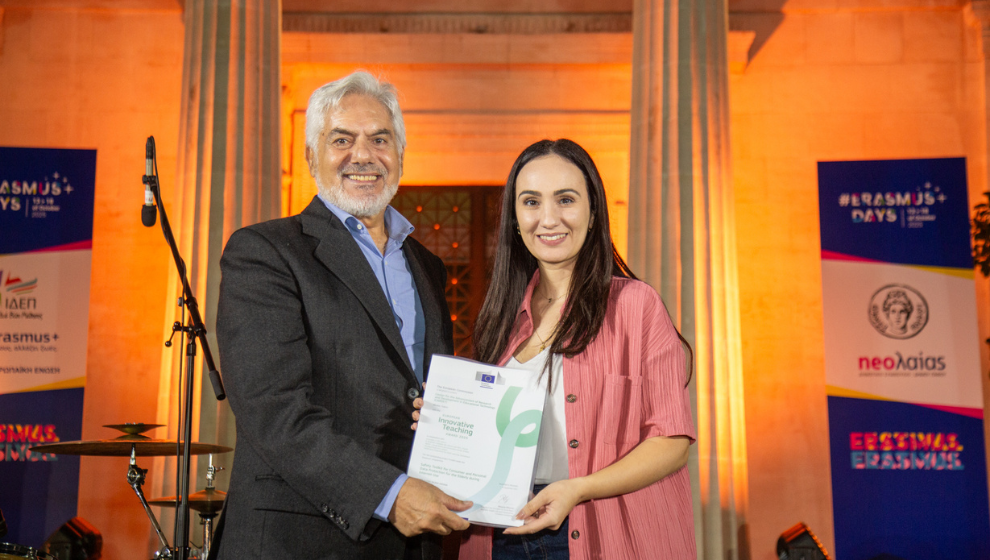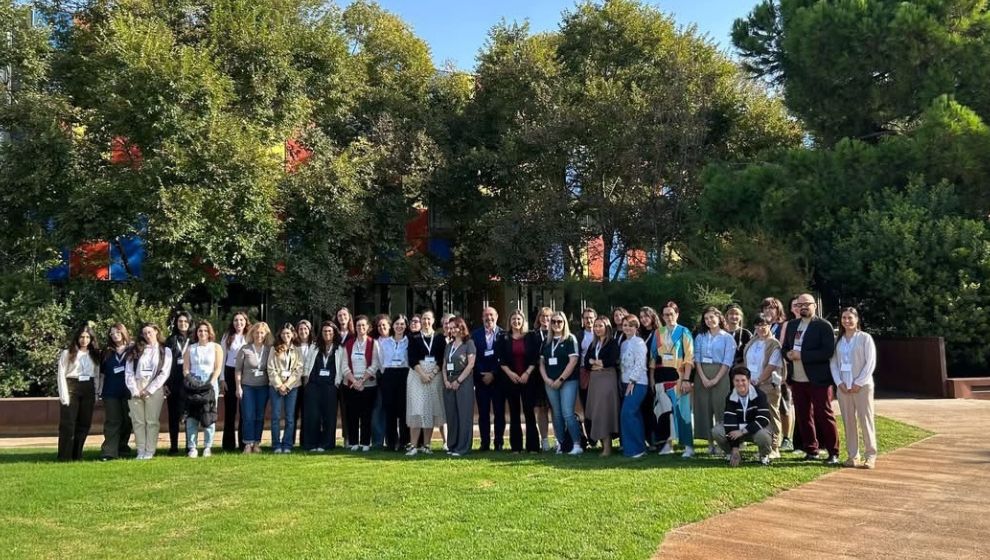
The EcoSTEAM Development team is thrilled to announce the completion of its first deliverable: The EcoSTEAM eLearning Concept. Following a year-long development phase, educational researchers, curriculum developers, and STEAM educators have jointly devised a comprehensive training course targeting STEAM educators. The resulting course aims to equip formal and non-formal education STEAM practitioners with essential skills and know-how for fostering environmental awareness and consciousness among secondary school students through STEAM methods and pedagogies.
The content coverage of the eLearning Concept training course ultimately seeks to support educators in enhancing students’ interest in scientific topics through innovative educational activities and projects, encouraging future studies and employment in STEAM-related fields.
Drawing insights from over 120 scientific journal articles and extensive reflective workshops, project partners have meticulously designed four learning Modules encapsulating a series of didactical guidelines, quality indicators, and assessment strategies. The four principal thematic areas of the resulting modules cover:
- Fundamentals of instructional design in STEAM Learning & Education
- Integrating and developing environmental awareness and ecological literacy through STEAM
- Fostering communities of practice among STEAM educators
- Nurturing STEAM professionals of the future – from theory to practice
The EcoSTEAM eLearning Concept is a valuable resource for STEAM educators, equipping them with an essential understanding of integrating environmental agency into their teaching practices through highly engaging and creative STEAM activities. The EcoSTEAM team aspires to impact European STEAM education networks positively.
To access the EcoSTEAM eLearning Concept and stay updated on our future endeavours, visit EcoSTEAM website here.

Website
https://ecosteamdevelopment.com/Target Groups
Teachers, School leaders, Policy makersEducation Level
Secondary


